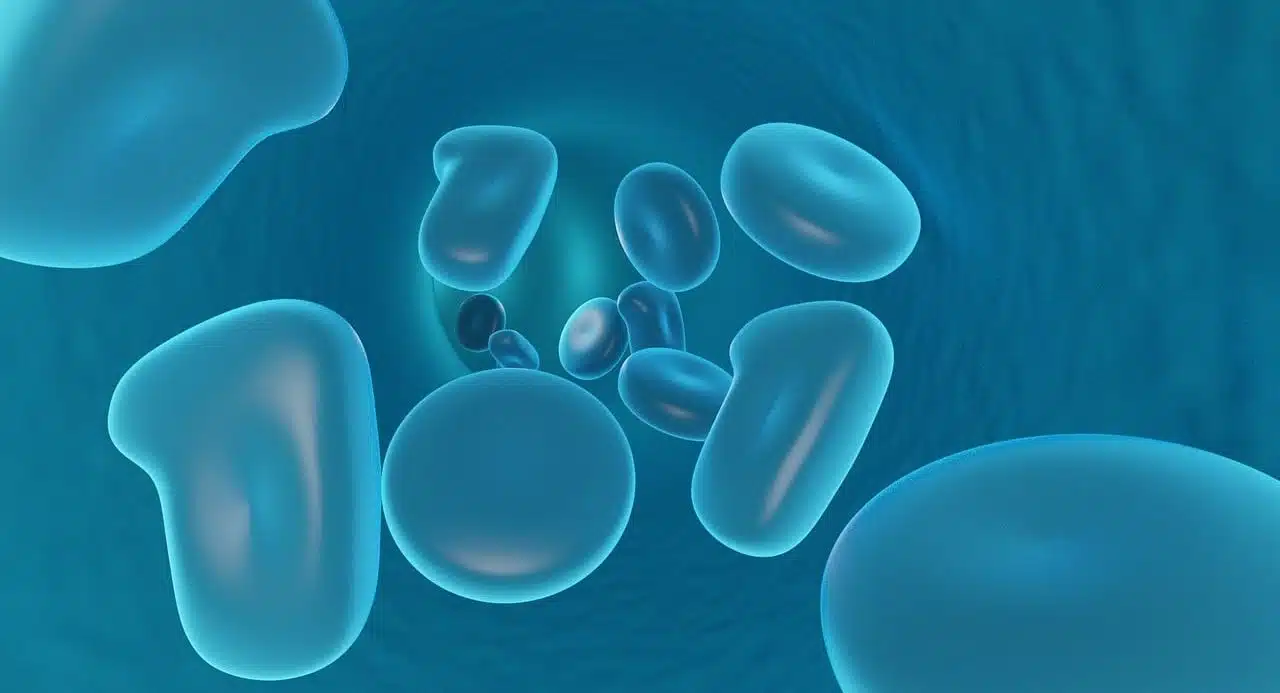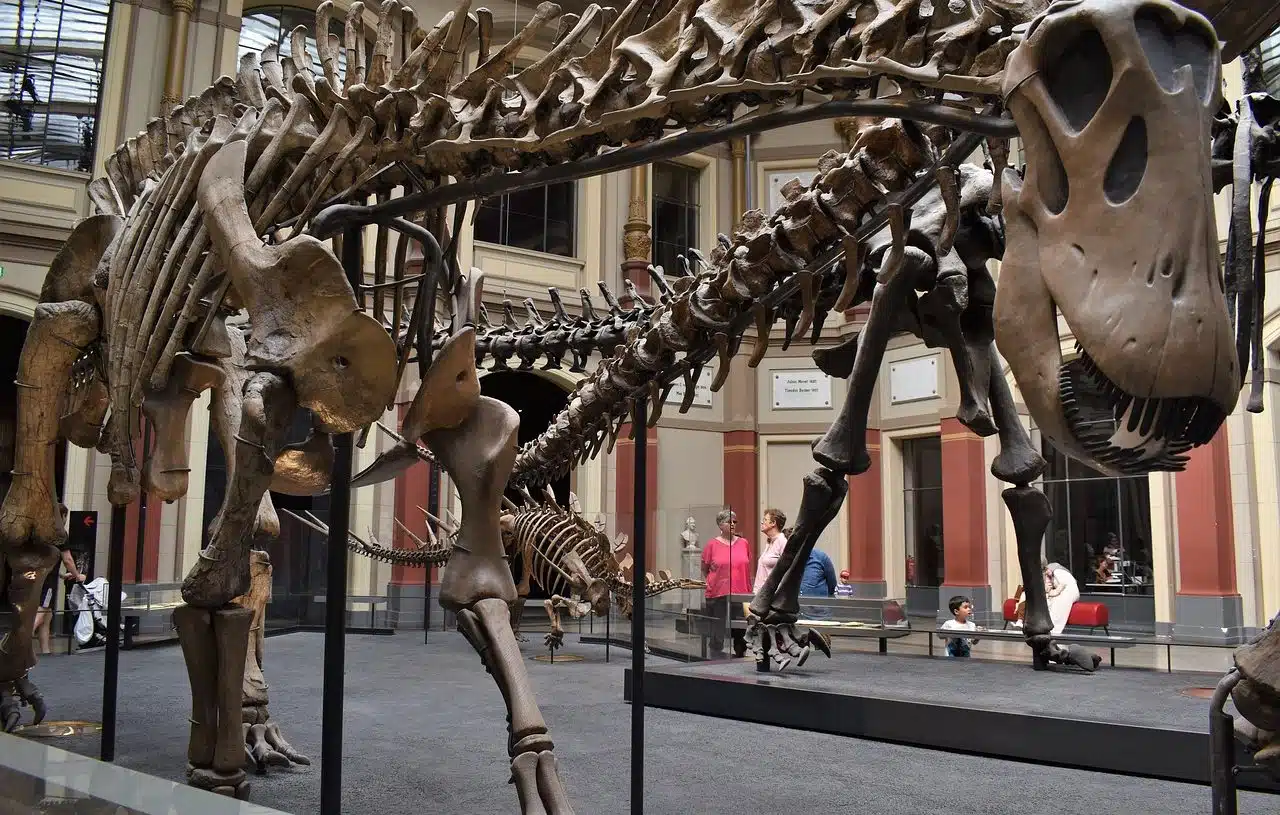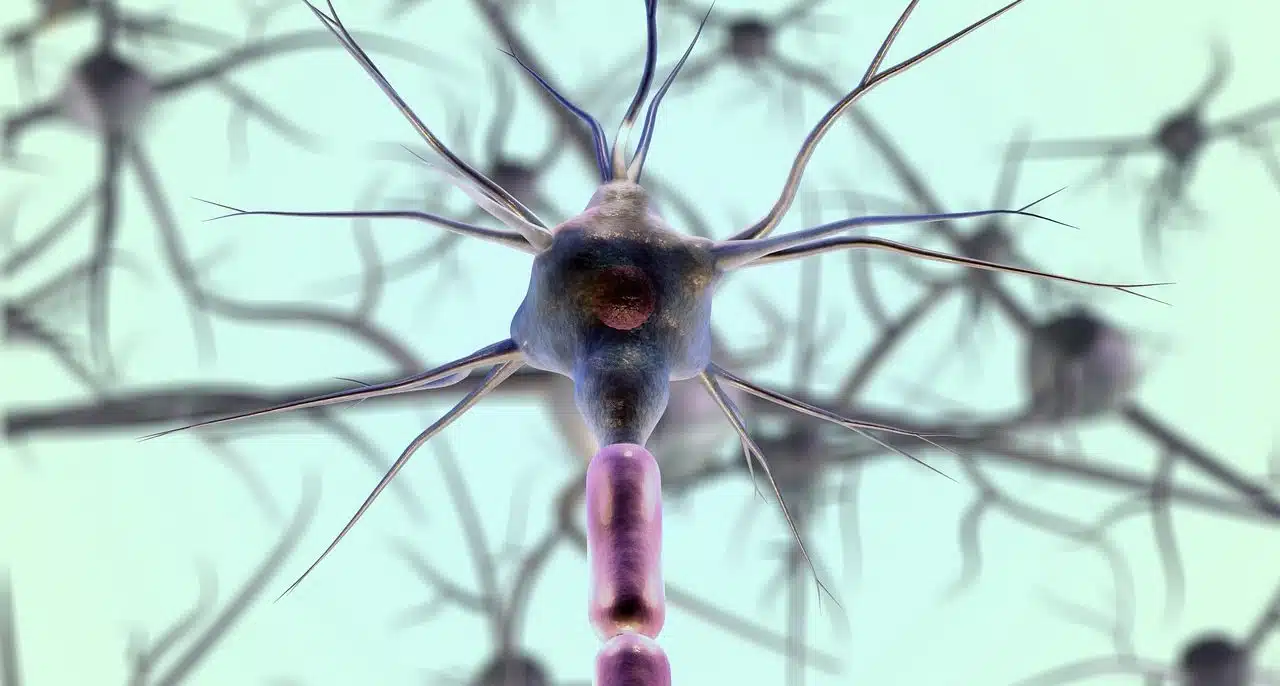
Cells, tissues and organs are part of the object of study of biology.
Biology is a natural science that is dedicated to analyzing the properties and characteristics of living organisms, focusing on their origin and development. It is a term that is made up of two Greek words: bios ( "life" ) and logos ( "study" ).
For example: "Next week I have to take a biology exam" , "A biology expert at the University of San Diego announced the discovery of a new species of shrimp" , "You can't expect a dog to act contrary to its biology .
history of biology
The history of biology can be analyzed from different perspectives. If this science is considered in a broad sense as the study of living beings, its origins date back to Prehistory , when humans began to develop crops and domesticate animals. However, biology as a modern science only emerged in the 19th century : its object of study was previously approached from different disciplines and fields of knowledge.
It must be considered that human beings always had the need to obtain knowledge about animals and plants: these data were key to subsistence. The same can be said about anatomy . It is common for historians to mention the Neolithic revolution , which occurred about 10,000 years ago, as the starting point for a greater emphasis on the generation of biological knowledge.
In Ancient Egypt , Mesopotamia and China there were already thinkers who transcended their contributions to what we understand today as biology. In any case, Ancient Greece is mentioned as a key culture in the development of this science.
The progress of biology throughout history is associated with the desire to answer various questions about the life cycle. The desire to define when life begins or what death is , for example, promoted this type of studies.
Of course, it took a long time until man was able to discover the existence of cells (the functional unit of living organisms), understand the importance of DNA (deoxyribonucleic acid) and address other issues that are currently considered elementary in biology.

Zoology, botany, ecology and paleontology are disciplines that can be framed within biology.
The object of study
Biology investigates those attributes that characterize specimens as individuals and species as a group, studying their behaviors, their interrelationships, their links with the environment and their reproductive habits.
This science seeks to discover, through the analysis of structures and processes, those general laws that regulate organic functioning.
Among other topics, biology examines the physiology , morphology and evolution of living organisms, taking into account both the microscopic level and the macroscopic view.

Neurobiology studies how nerve cells act in information processing circuits.
Fleming's contribution to biology
There are many biologists who throughout history have left their indelible mark on this science thanks to the set of research and discoveries made that, in one way or another, have managed to mark our past, present and future.
This would be the case, for example, of the Scot Alexander Fleming , who made two important discoveries for humanity . On the one hand there is lysozyme , which is responsible for functioning as a barrier against infections. And on the other hand, we have to talk about penicillin , which is a biochemical substance that is used in the scientific field to combat a set of diseases that originate as a consequence of the action of various microorganisms.
Pasteur's contribution
But we cannot ignore the figure of another biologist of great importance in world history. We are referring to the Frenchman Louis Pasteur , who stands out especially because we owe him the well-known thermal process of pasteurization, which is the one to which certain liquids, such as milk, are subjected to kill any bacteria or molds they may have.
In the same way, this scientist has also gone down in the annals of history for having been one of the initiators of vaccines against infectious diseases and for having specifically created the vaccine against rabies. Discoveries and advances all that he achieved have allowed him to be described as the pioneer of modern microbiology .
Branches of biology
It is important to keep in mind that biology covers various fields of study that are often considered independent disciplines. We can mention molecular biology , molecular genetics , biochemistry and cell biology , among others.
Biogeography (focused on how living organisms are distributed on the planet), evolutionary biology (modifications of living beings over time), developmental biology (ontogeny of organisms), conservation biology (study of loss of biodiversity ), behavioral biology ( ethology ), structural biology (structural analysis of proteins and other macromolecules) and forensic biology (oriented to provide legal evidence) are other specializations of biology, as is the biology of systems , marine biology , mathematical biology , theoretical biology and many more.
Beyond the differences, all branches of biology have certain common postulates and principles that make science a unit. One of the basic ideas of biology holds that all life forms share the same ancestor. Today's differences are explained by the theory of evolution . This theory demonstrates why very different-looking organisms share a large number of processes and characteristics.
